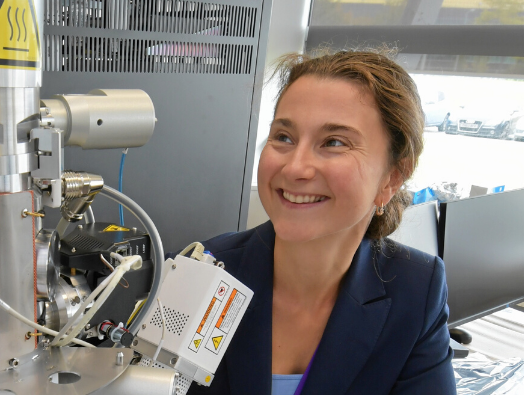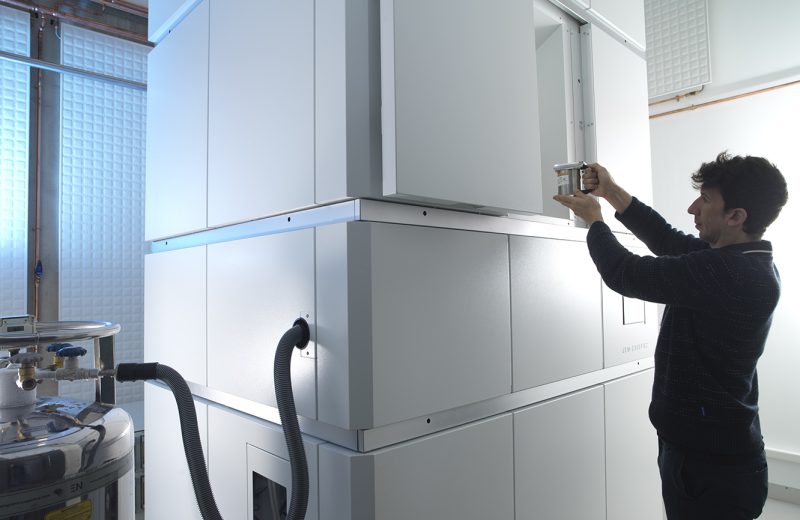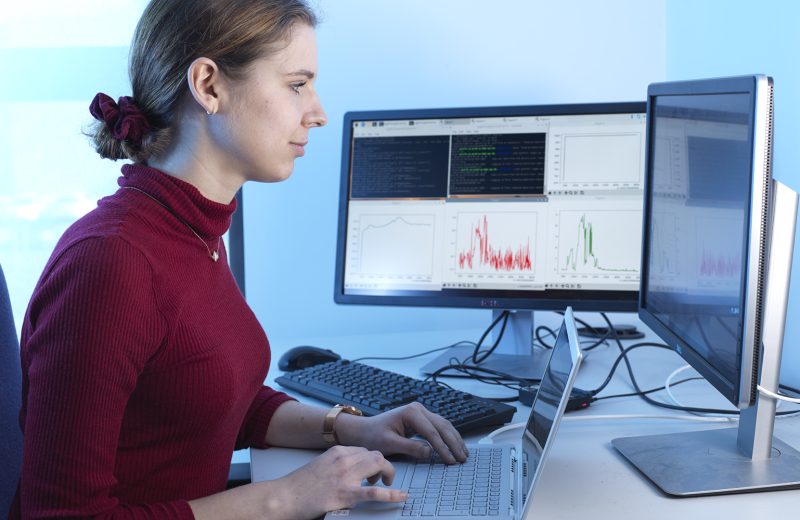Entrants should read this document carefully before submitting expressions of interest or full proposals to the residency scheme.
What is the scheme:
The Franklin SME residency is a competition which provides the winner or winners with supported access to Franklin technologies for a fixed twelve-week period. Winners can base themselves at the Franklin for part or all of this period.
The entrant will propose a research problem and identify applicable technologies which can be used during that period in the form of a project plan. Franklin researchers can discuss and contribute to this plan during its development.
At the end of the twelve-week period, the resident can take and use the results obtained.
Results and IP:
The results of experiments carried out at the Franklin and any emerging IP from these results will belong to the entrant. Any developments which advance Franklin technology will belong to the Franklin. All background IP belonging to the entrant will remain with the entrant, Franklin background IP will remain with the Franklin.
Timelines:
Expression of interest opens: 27th September 2022
Expressions of interest close: 22nd November 2022
Invitation to workshops issued: 30th November 2022
Workshops: w/c 12th December 2022
Proposal deadline: 31st January 2023
Winner selected w/c 13th February 2023
Residency starts: March/April 2023, projects must last no more than 12 weeks and be complete by the 31st August 2023 at the latest.
Featured techniques:
Plasma FIB SEM – electron tomographic imaging: We have developed and are still pushing the possibility and resolution of cryo Serial plasma FIB/ SEM volumetric imaging. This technique allows imaging of native samples at resolutions up to 20nm for a volume of 150µ3. Higher resolution or larger areas can also be imaged. We were able to image vitrified yeast, bacteria, mammalian cells, and mouse tissue providing information on organelle positioning, volume, and shape. We also were able to observe macromolecular complex such as nuclear pore complex and centrioles providing a full insight of the sample at mesoscale.

Correlated imaging: We are developing energy-filtered 3D electron diffraction (ef3DED) for accurate structure determination from nanocrystalline material within the CI theme. ef3DED is particularly amenable to small molecule/peptidic molecules such as those derived from natural products and requires only a modest amount of material and is an ideal technique for determining structures from samples where producing large single crystals has proven intractable.

Data analysis and interpretation: Data analysis of techniques, including sub tomographic averaging of organelles/targets of interest. Applicants may already have data sets to analyse, or could combine analysis with pFIB-SEM ‘slice and view’ data collected at the Franklin. Data should be 3D, volume imaging (electron or X-ray) and the processing that we could potentially help with would be around automated/semi-automated reconstruction of tilt series, assessment of image quality, and machine learning-based segmentation of some aspects of the data.

Interested entrants should also consult our website for other projects and techniques of interest.
Eligibility:
Entrants must be a UK based SME, start up or spin off, and classify as a micro-entity or small company.
Entrants should be wholly based in the UK.
Nature of support:
No direct funding to winners is made available through this competition, no cash or grant equivalent is available.
The Franklin will cover costs directly for access and instrument use, consumables used on site and reasonable, pre-agreed, travel and accommodation costs. The indicative value of the support is based on the equivalent cost of a sponsored collaboration.
At the proposal stage, entrants will submit a project plan which will form the basis of the project. This approved plan, associated health and safety documentation and a collaboration agreement will be completed in advance for the winner starting the residency.
Prior to submission, organisations will enter into a CDA, ensuring protection of confidential information.
